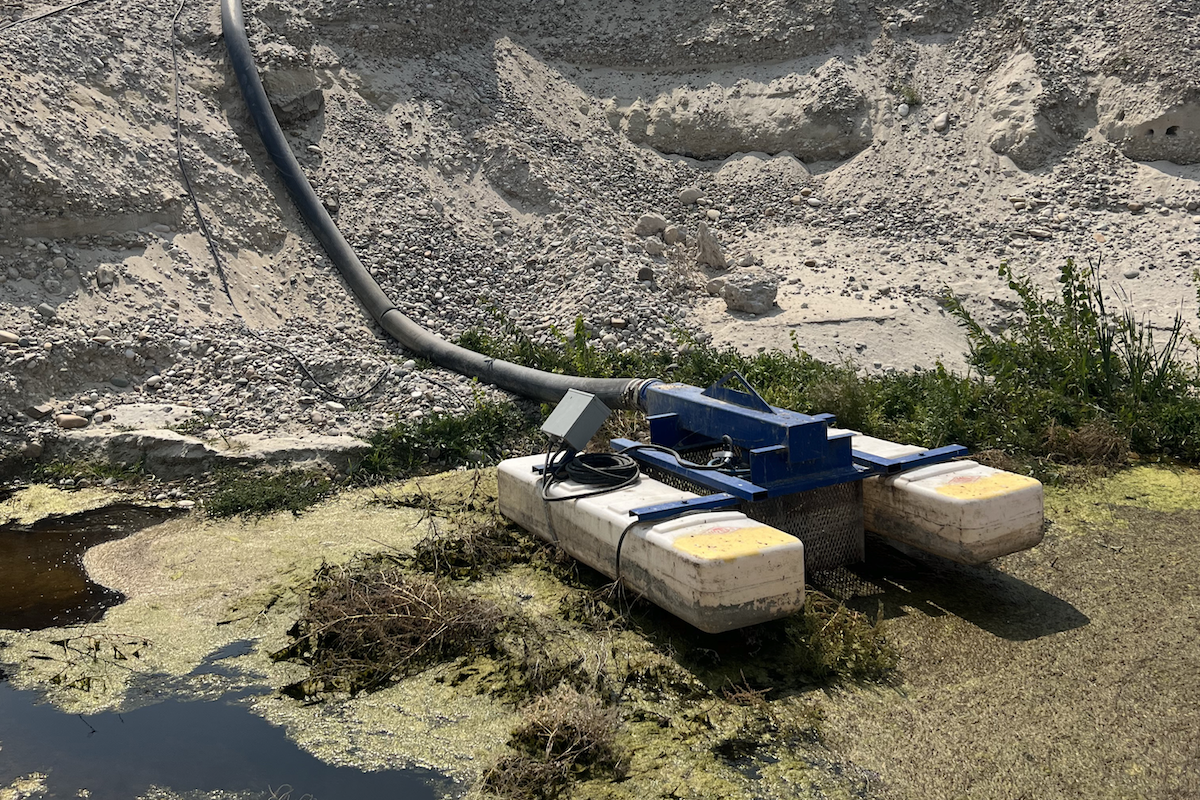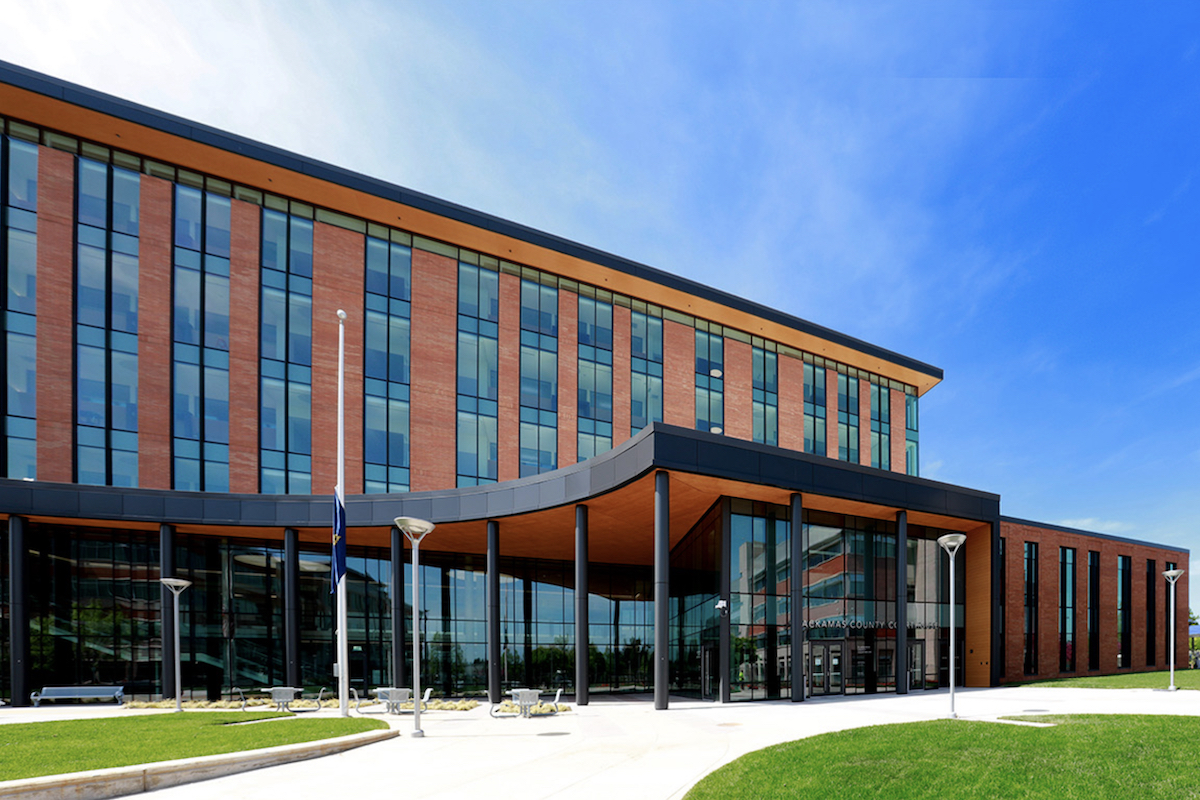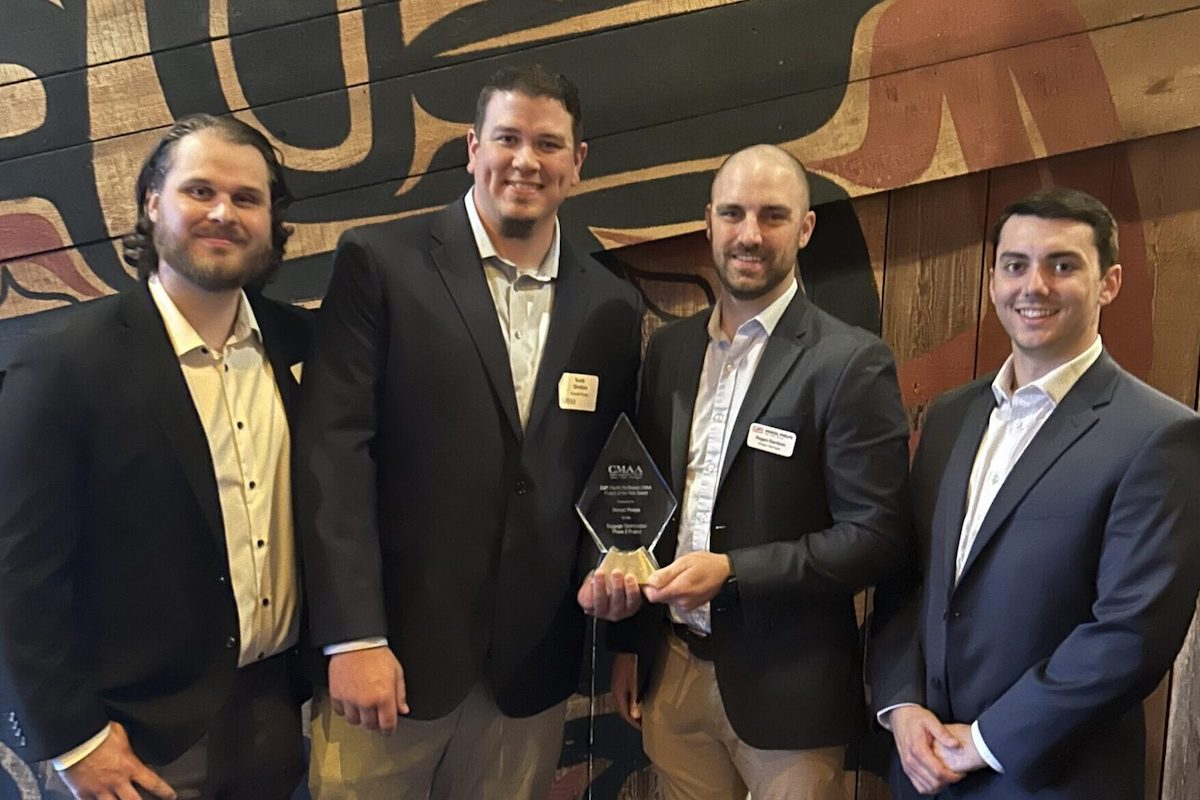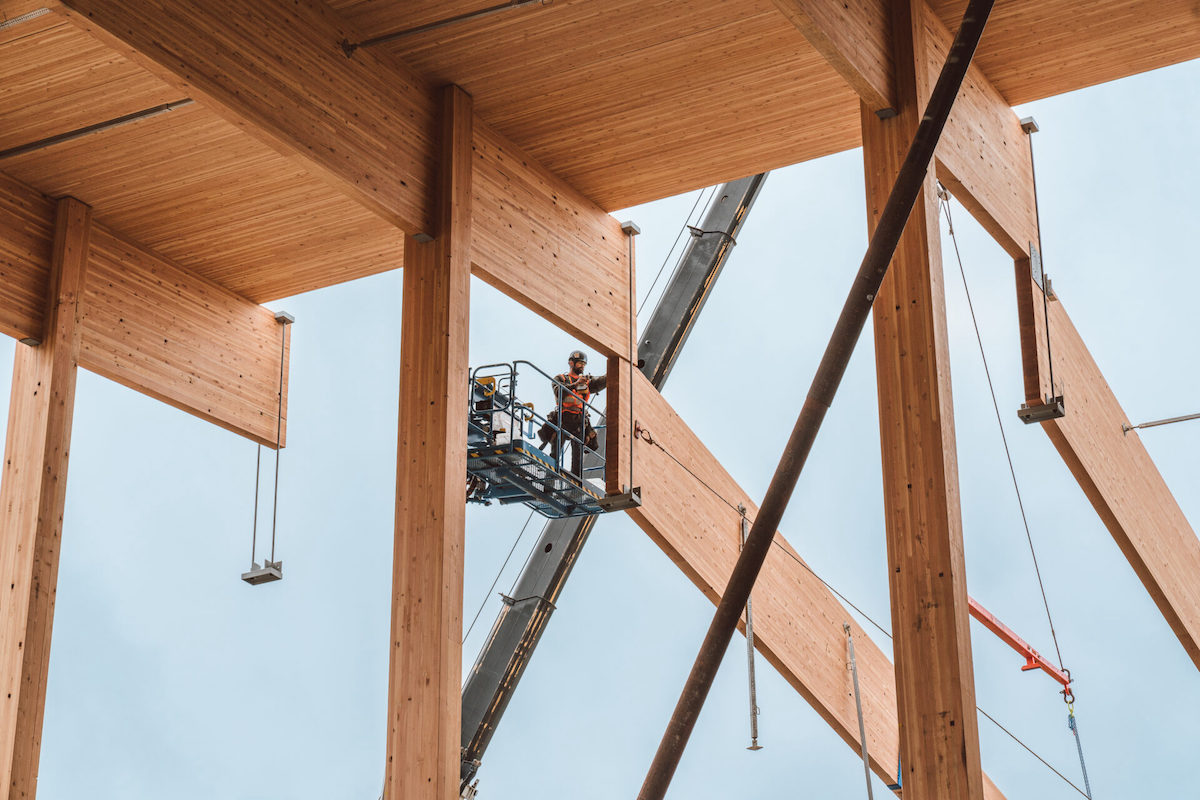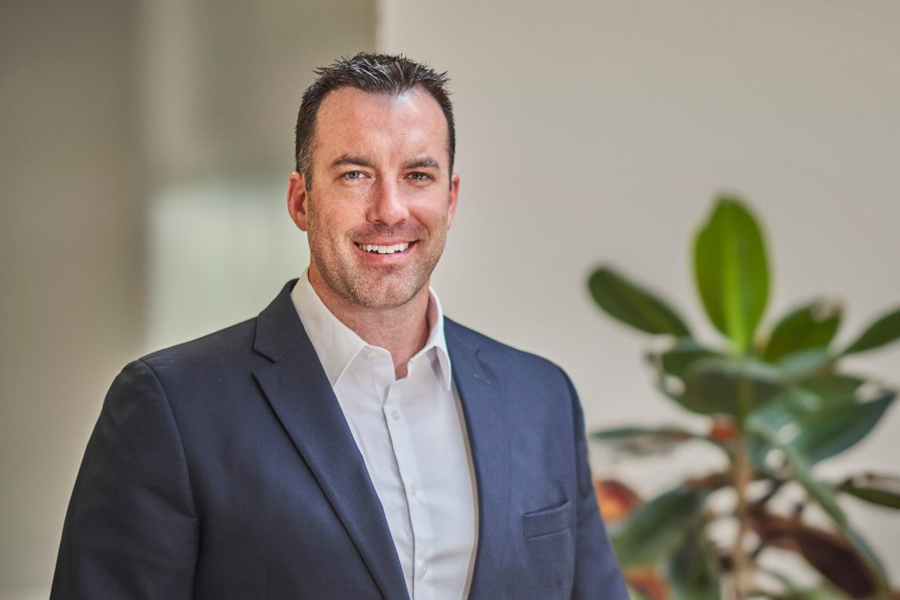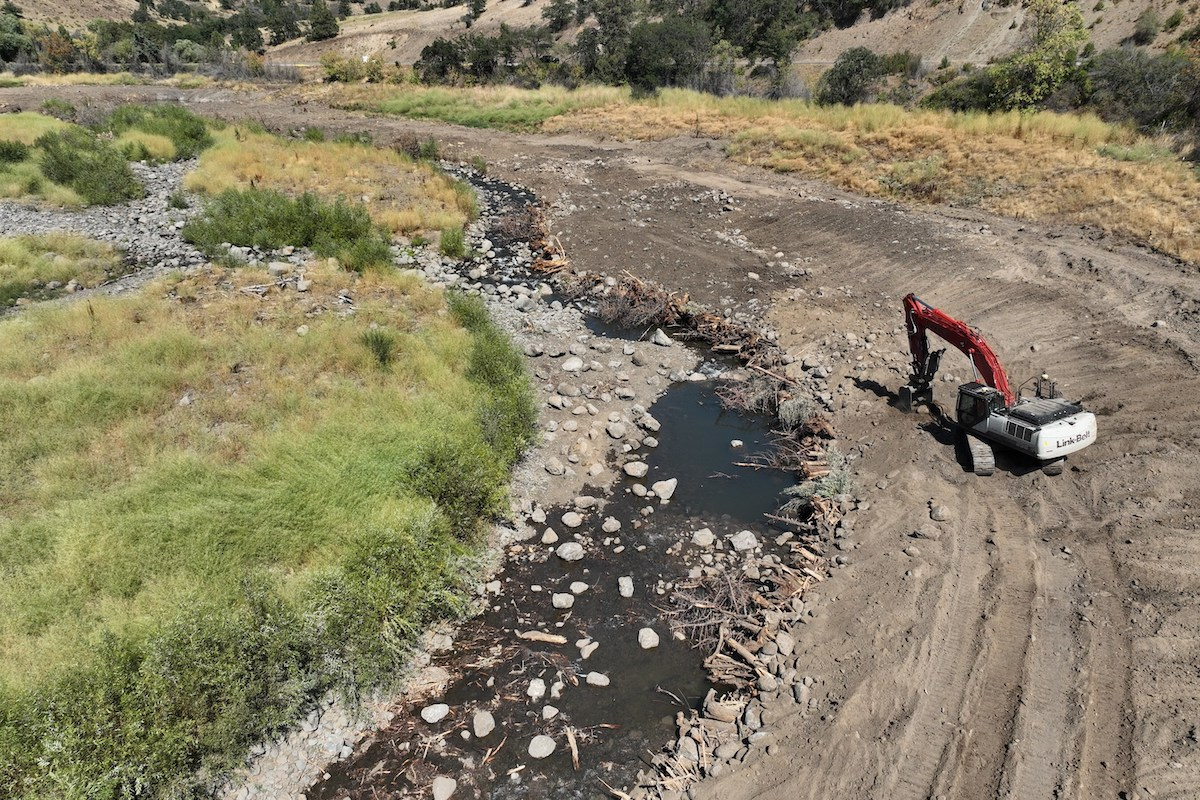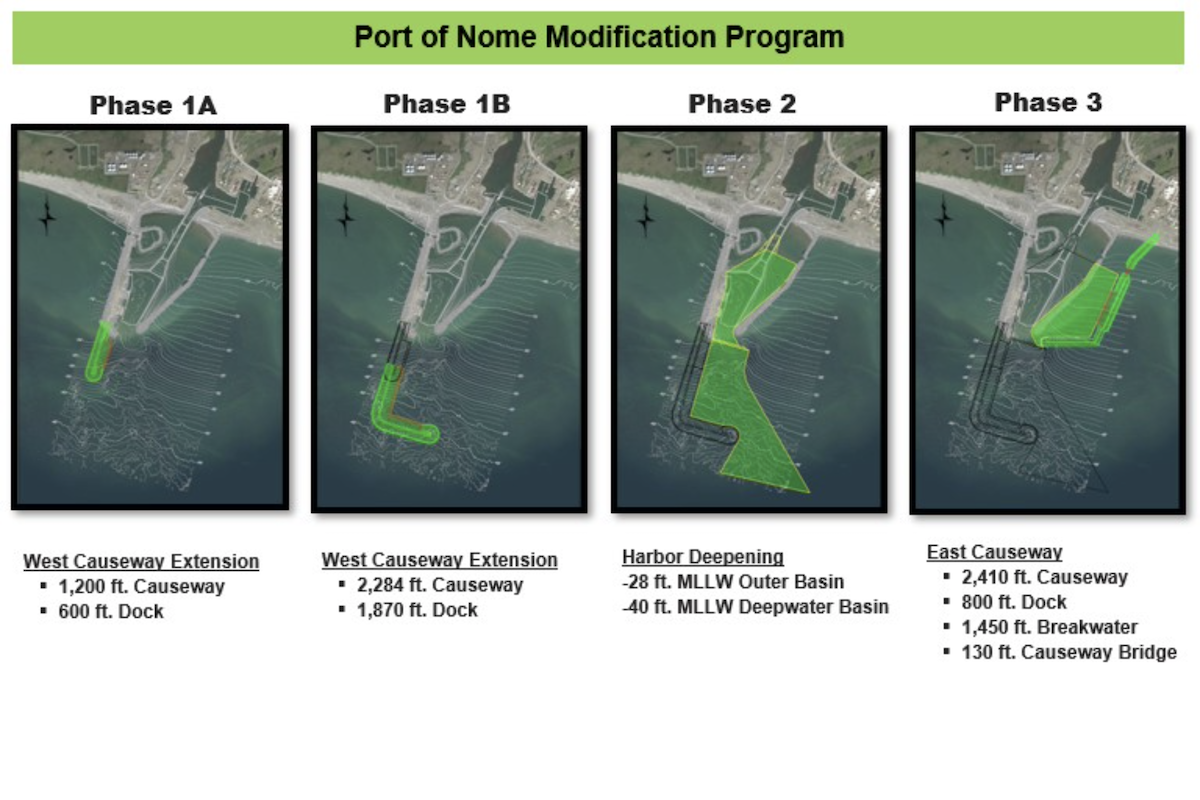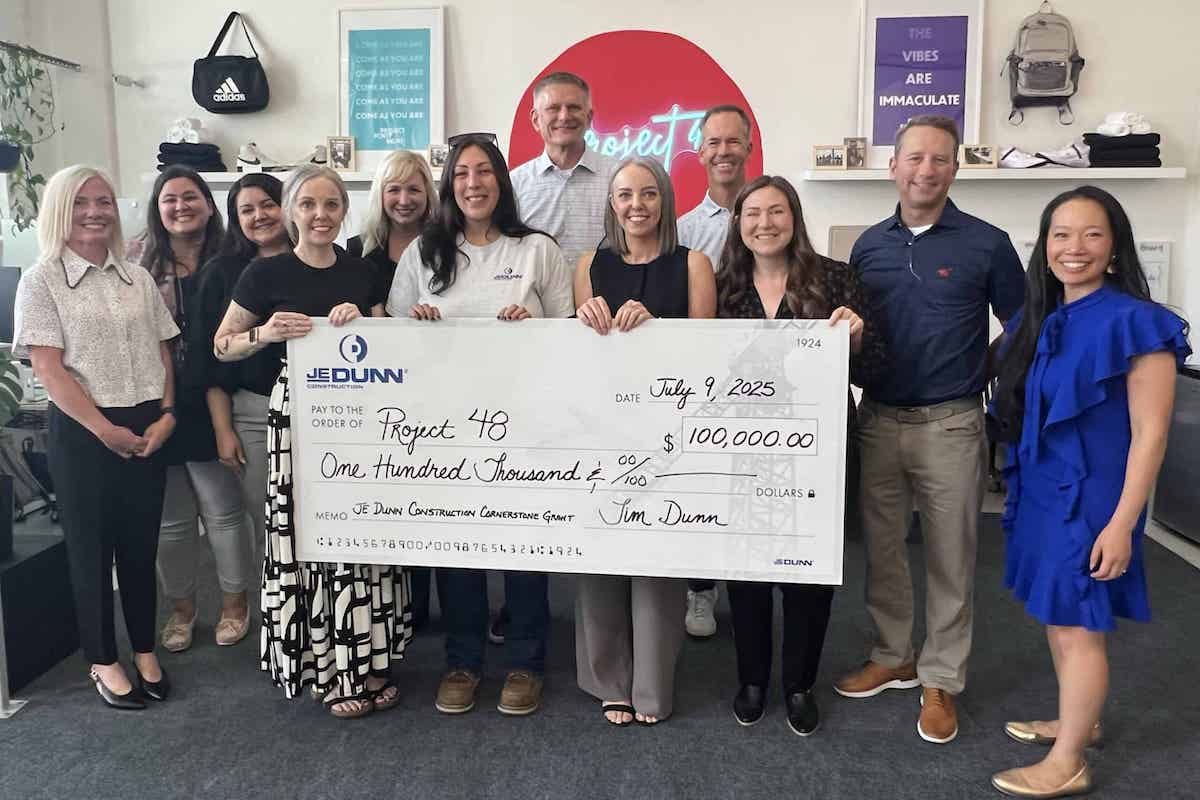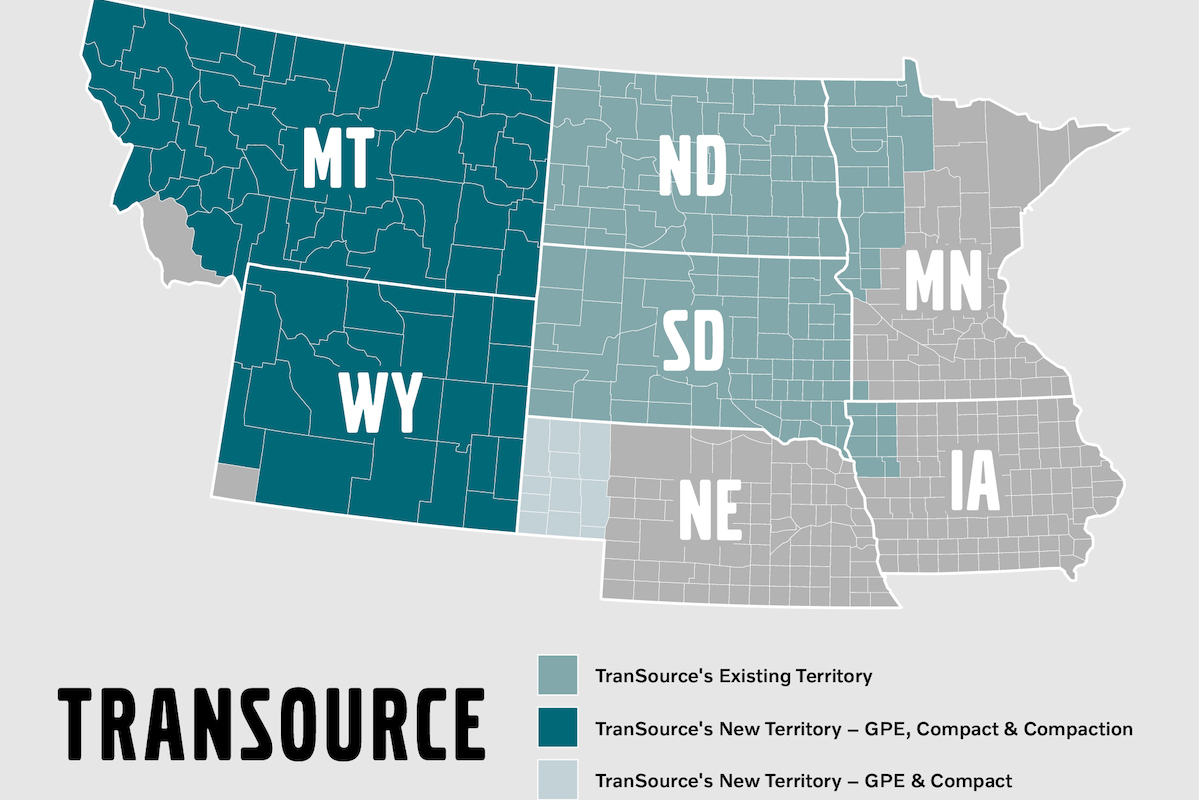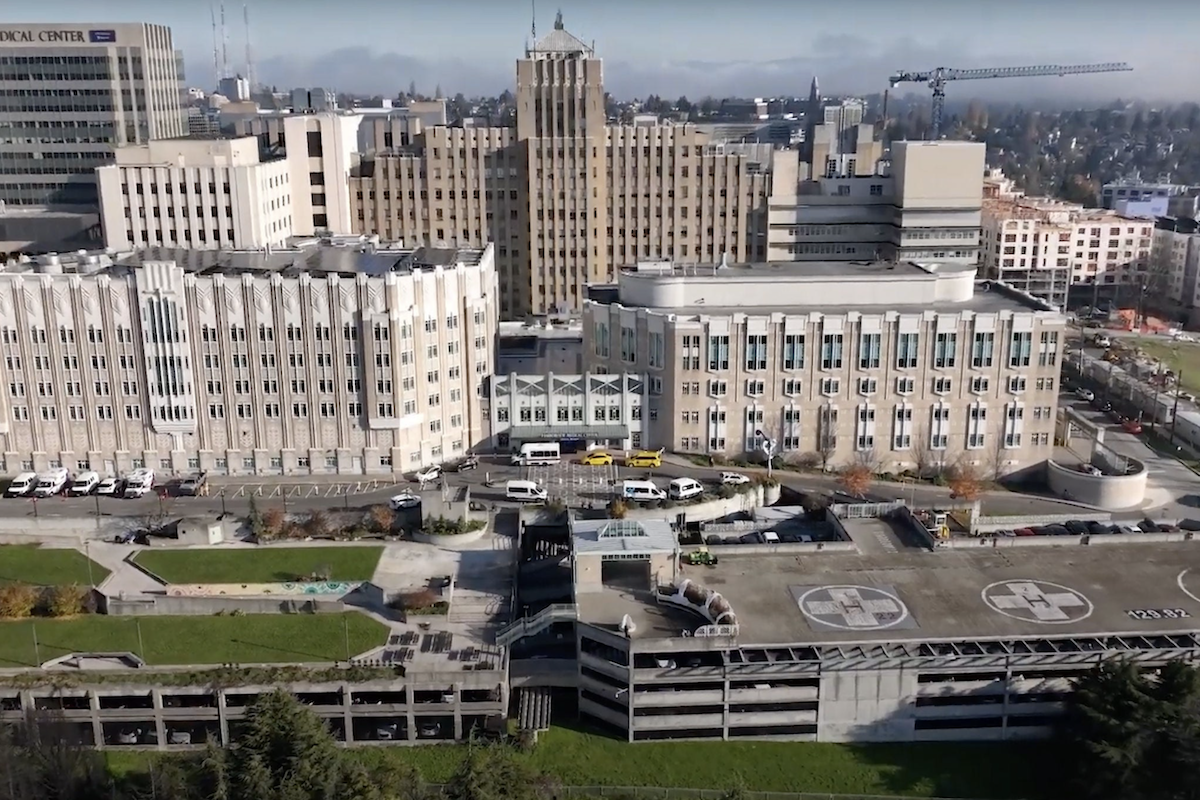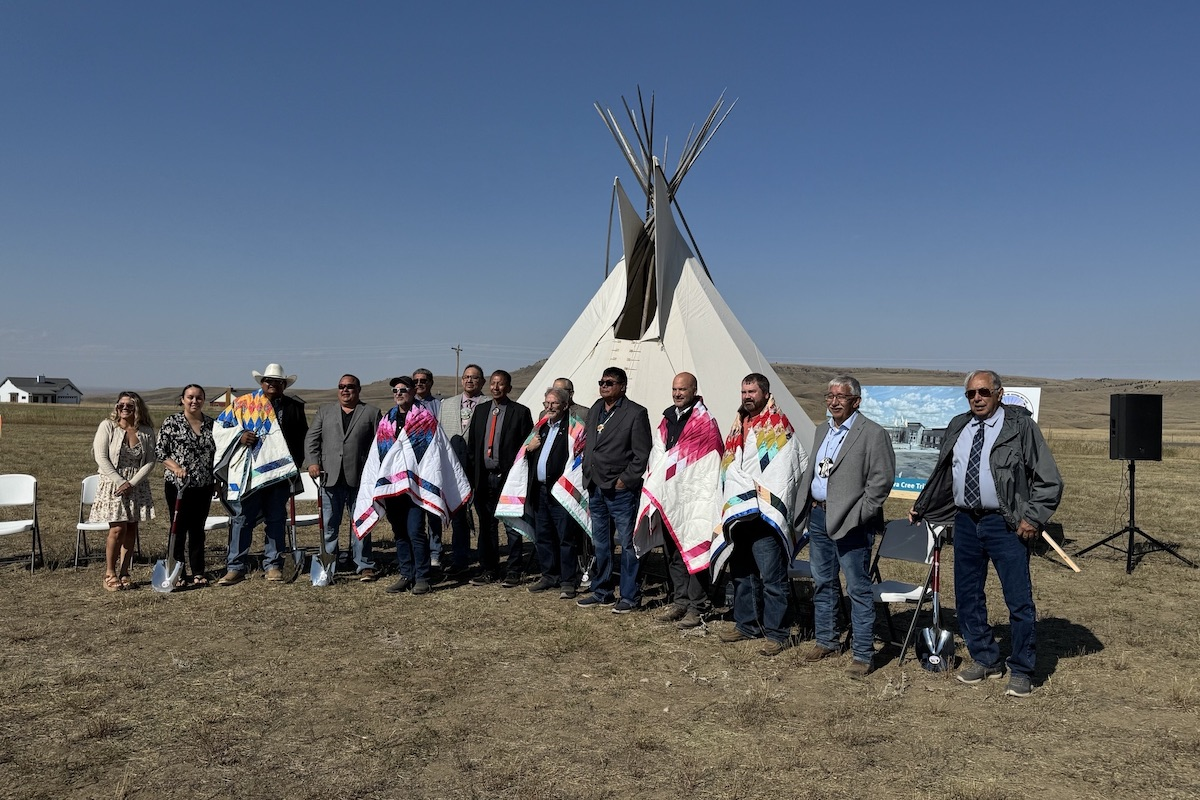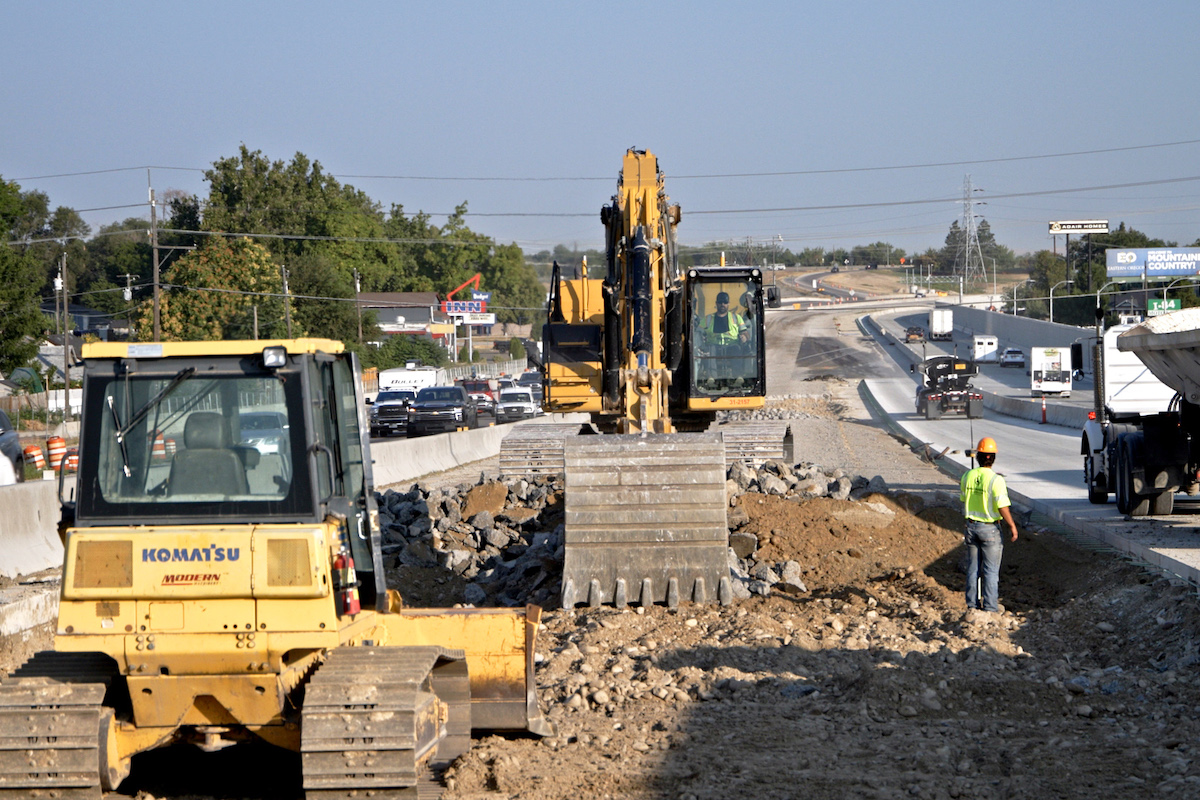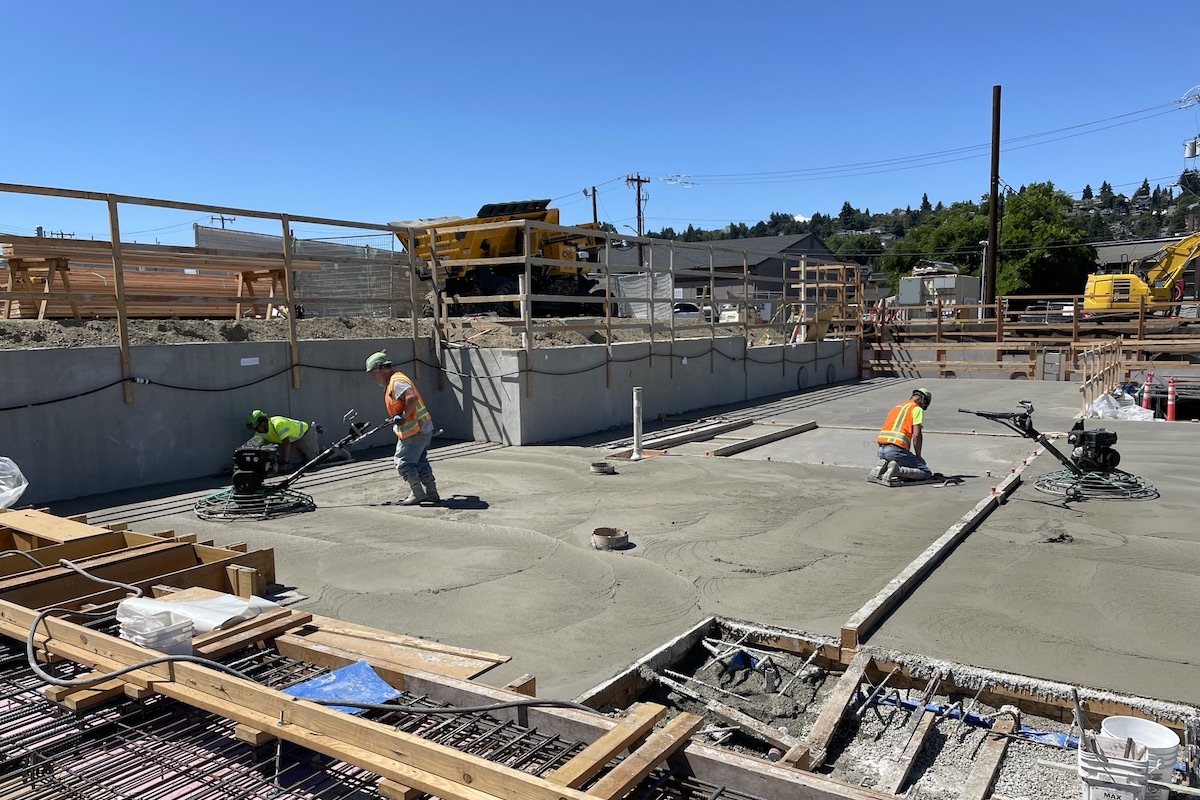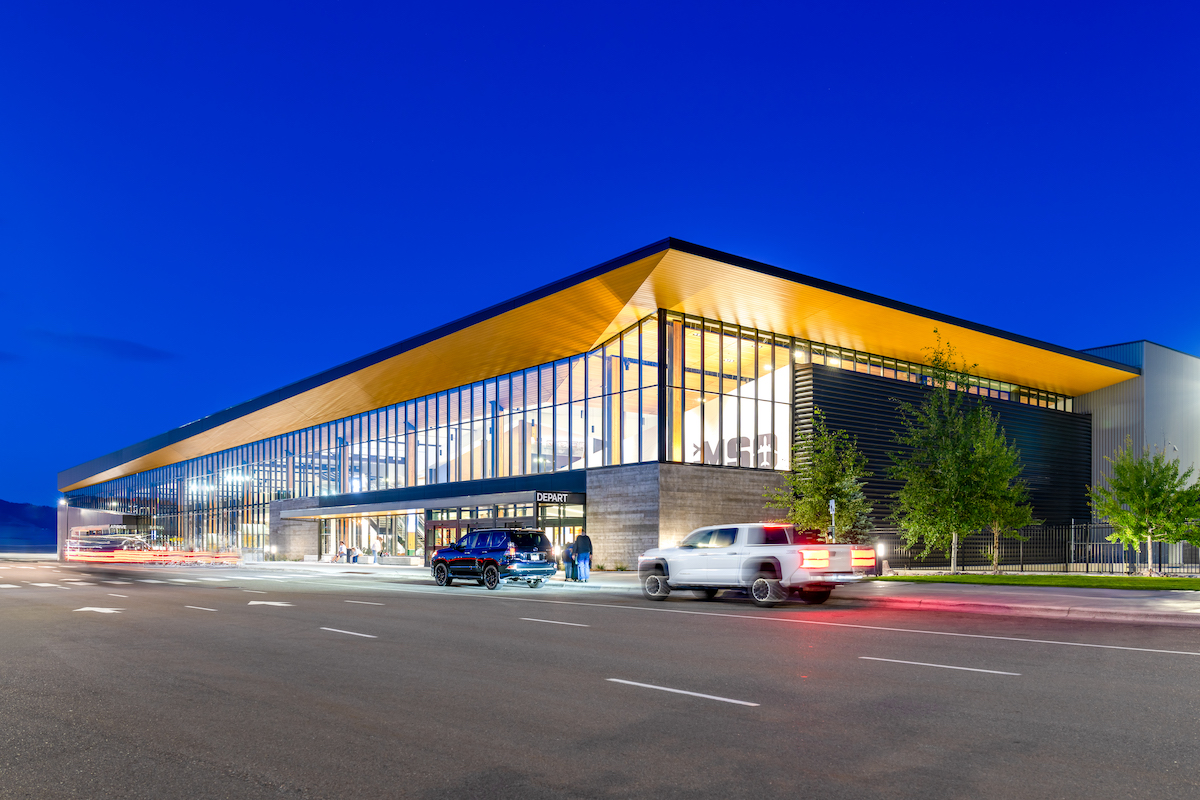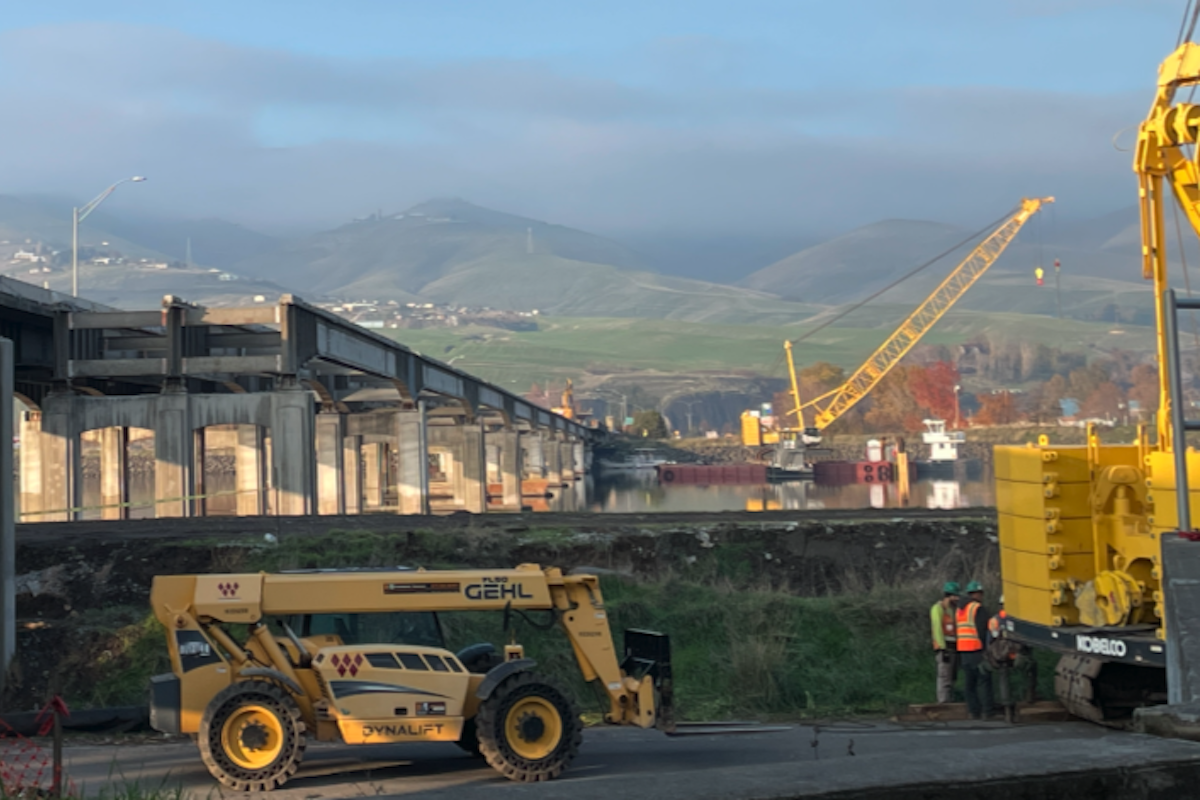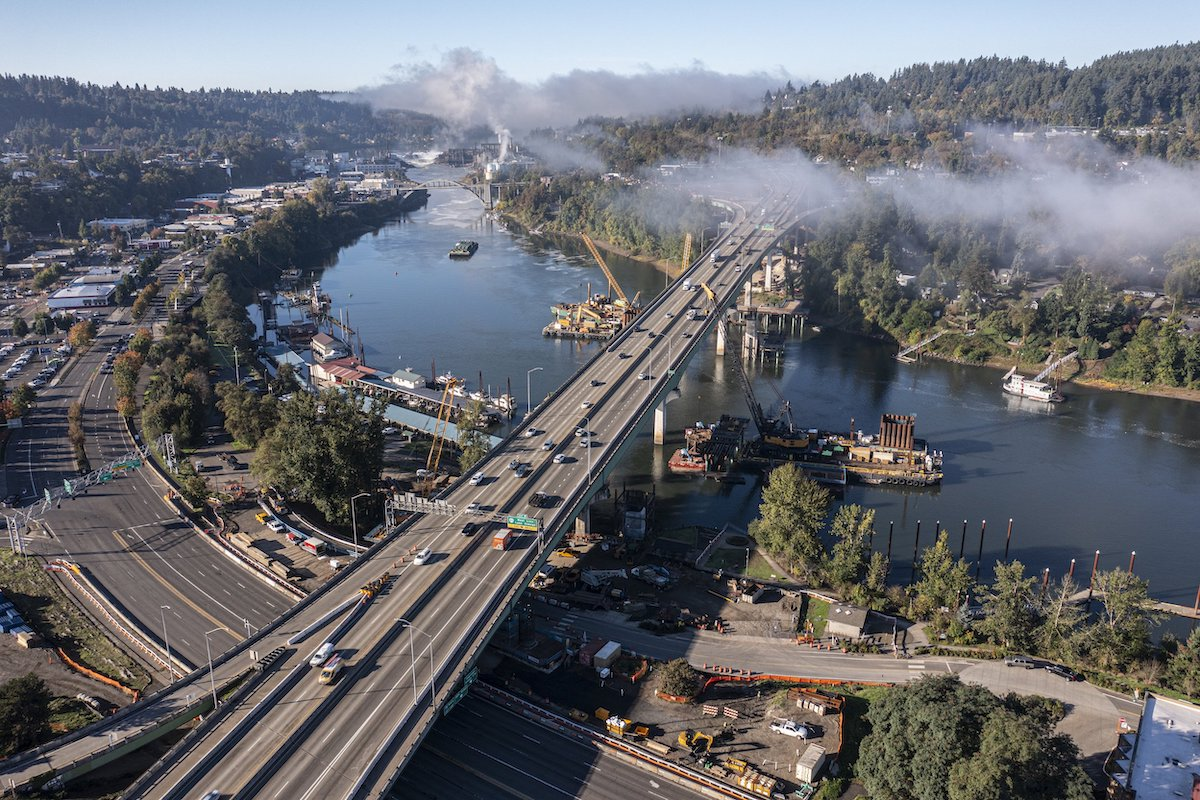What can be done?
“I believe that the construction industry can create the single-largest change in this situation across our state,” said Nathali Parker, Co-Owner and CEO of KLP Construction Supply, headquartered in Rosebud, Texas. “We have good men and women in our industry who care about the communities where they work. We also have eyes and ears on the road at all times; people are on the job 24/7.”
Parker started spreading awareness of the human trafficking problem as part of her role on the Texas Governor’s Commission for Women. Over the last several years, the Commission partnered with the Texas Department of Transportation (TxDOT), the Texas Department of Public Safety (DPS), and the Texas Attorney General’s office to develop training that shows contractors how to make a difference.
“We’ve worked to take this to a statewide and industry level,” Parker said. “Anyone can download and present this material. The idea is a Neighborhood Watch on steroids.”

| Your local Somero dealer |
|---|
| American Construction Supply |
Parker first joined the Governor’s Commission for Women in 2018. When Governor Greg Abbott appointed her to a third, two-year term starting in 2022, he asked her to serve as Chairwoman.
Parker is also the Associate Co-Vice Chair for the Austin Chapter of Associated General Contractors (AGC), Heavy Civil and Utilities Division; a Future Young Leaders committee member for the Austin and Dallas-Fort Worth AGC Chapters; and an AGC Workforce Development Task Force member. In addition, she serves on the Education and New Technologies Committee of the Texas Asphalt Pavement Association and is the Chair to Launch the Women of Asphalt Branch of Texas.
In 2012, Parker founded KLP – a distributor of construction and industrial material and equipment – with her sister, Karen Rogers. Since then, the business has grown to 18 employees with five stocking locations around Texas and one in California.
Prior to starting KLP, Parker accumulated 18 years of business development experience. After completing her bachelor’s degree at Texas State University in San Marcos, Texas (and earning all-conference honors as a javelin thrower), she worked as Construction Project Manager for an Italian investment bank as they built out their U.S. headquarters. After that, she launched her own ventures and worked for a variety of companies, eventually serving as North American Business Development Executive for Valla Cranes, an Italian manufacturer of electric, industrial cranes.
In her interview with Texas Contractor, Parker shares her priorities and specific ways contractors can fight the cruelty of human trafficking.

| Your local Trimble Construction Division dealer |
|---|
| SITECH Northwest |
What professional achievement makes you proudest?
I’m so proud of getting KLP off the ground. My sister and I always talked about starting a business together. We thought we could fill some gaps in this market, especially as a Native American, woman-owned business. In addition to selling traditional product lines, we’ve had eight new asphalt and concrete products approved through TxDOT. We love bringing something new to the market.
I’m also proud of being on the Commission for Women and working with TxDOT to roll out the human trafficking initiative.
How did you get involved in the Human Trafficking Awareness Initiative?
It was one of the initiatives from Governor Abbott and the First Lady during my first term on the Commission. Later, at an AGC luncheon, I sat with Terry McCoy, former District Engineer for TxDOT’s Austin District. He knew I was working on the initiative and said, “Let’s do something. Can we partner?” He put together a team to keep the training going after his retirement – Mike Arellano, Austin Deputy District Engineer; Lori Wagner, District Administration Manager; and Alex Villarreal, Public Information Officer, with the support of Tucker Ferguson, now the Austin District Engineer. Initially we planned to conduct training in-person, but with COVID-19 we shifted online, creating videos to make it as easy as possible.
Why is this initiative important for Texas?
In 2016, a University of Texas report estimated that over 300,000 Texans are being trafficked, including 79,000 youth victims of sex trafficking. I think it’s way bigger than that now; it’s growing at exponential rates. We need to act quickly to stop the momentum.
What is human trafficking?
It’s modern-day slavery. Human traffickers hold men, women, and children against their will. Whoever enslaves them might have their papers or have them on drugs. Through force, fraud, or coercion, victims are made to work for little or no income. Many are lured from their homes with false promises of well-paying jobs. For children, the predators pose as peers on TikTok, Instagram, Snapchat, and other apps.

| Your local Metso Minerals Industries Inc dealer |
|---|
| PacWest Machinery |
| Westate Machinery Co |
What can contractors do?
First, download the iWatch Texas app from DPS for community reporting – and when you see something, say something. Reports through the app are anonymous, and it’s an easy way to get law enforcement involved as early as possible. If we can increase the number of reports, then we can increase the need to budget for resources. We’ll know better what’s really happening and what we need to help.
We’re also asking all contractors throughout the state to conduct training on a regular basis. There are 10-, 20-, and 45-minute video sessions available. Conduct the training with your whole team, including safety meetings in the field. Print out materials and hand the truck placards and wallet cards to superintendents to distribute. The wallet cards outline what to look for and how to report suspected trafficking.
What should people watch for?
In labor trafficking situations, if you go talk to a worker and they won’t make eye contact, don’t want to talk, or someone rushes in and speaks on their behalf, those are red flags. In sex trafficking, they’ll often have a tattoo or nail art to say they’re “owned” by somebody. Victims in both situations are typically underfed, dehydrated, skittish, and nervous. There could be bruises and scars. Everybody knows when something feels off – that’s when you need to report it. Time is of the essence.
For more information and resources to fight human trafficking, visit txdot.gov/inside-txdot/district/austin/human-trafficking.html
















